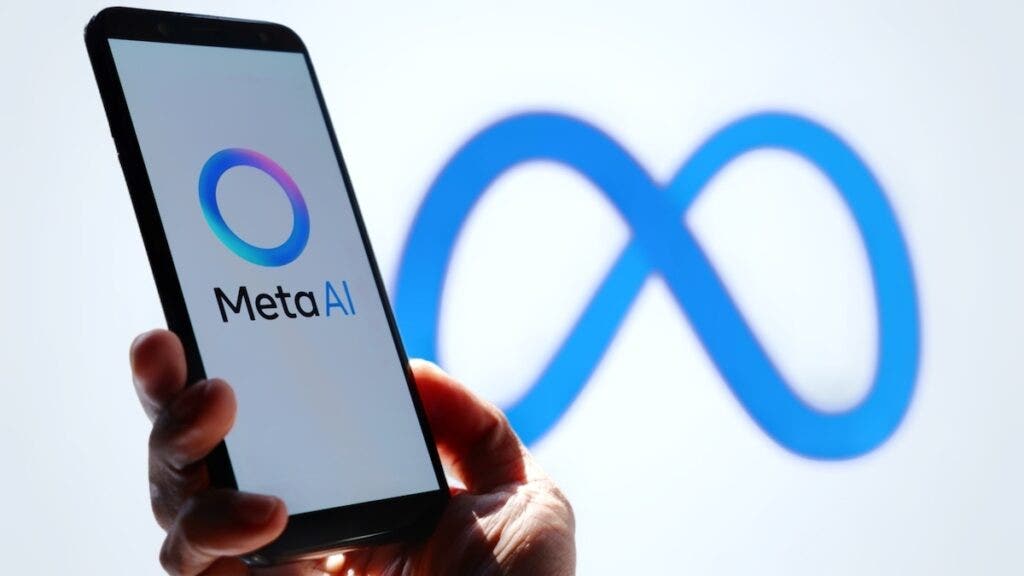Mistral AI, a Paris-based startup founded by former Meta (NASDAQ:META) researchers Guillaume Lample and Timothée Lacroix, is rapidly emerging as a key player in the open-source AI space, and it’s doing so with Meta‘s top talent.
The tech giant is contending with a major loss of talent within its AI division as the architects behind its flagship Llama models exit the company. According to Business Insider, only three of the 14 researchers credited on the 2023 Llama paper remain employed at Meta.
Five of the Llama paper’s co-authors have joined Mistral in the past 18 months, intensifying scrutiny around Meta’s ability to retain top-tier AI personnel, Business Insider reports.
Don’t Miss:
Backed by $2 billion in funding, Mistral AI is rapidly gaining ground as one of the most aggressive challengers in the open-source AI space. As reported by TechCrunch, the company is supported by premier venture firms including Andreessen Horowitz, Lightspeed Venture Partners, and Salesforce (NYSE:CRM), all known for placing high-stakes bets on transformative technologies. Other notable backers include Bpifrance, Xavier Niel, Eric Schmidt, General Catalyst, and BNP Paribas, reflecting deep institutional and individual confidence in Mistral’s long-term vision.
Founded in 2023, Mistral is building advanced open-weight AI models that directly compete with Meta’s Llama family. Its approach appeals to developers seeking transparency and customization in contrast to the closed nature of proprietary systems. With former Meta researchers such as Marie-Anne Lachaux, Thibaut Lavril, and Baptiste Rozière now working alongside Mistral’s founders, the company may lead the next wave of open-source innovation, Business Insider reports.
Trending: Be part of the next med-tech breakthrough for only $350 — 500+ surgeries already done with nView’s AI system.
Meta’s previous dominance in this space was largely defined by its decision to release Llama models with open access to their architecture and training data. According to Business Insider, that move helped validate open-weight large language models as viable alternatives to proprietary giants like OpenAI and Google. But with the original architects of Llama now working elsewhere, Meta’s early lead is under pressure.
Story Continues

